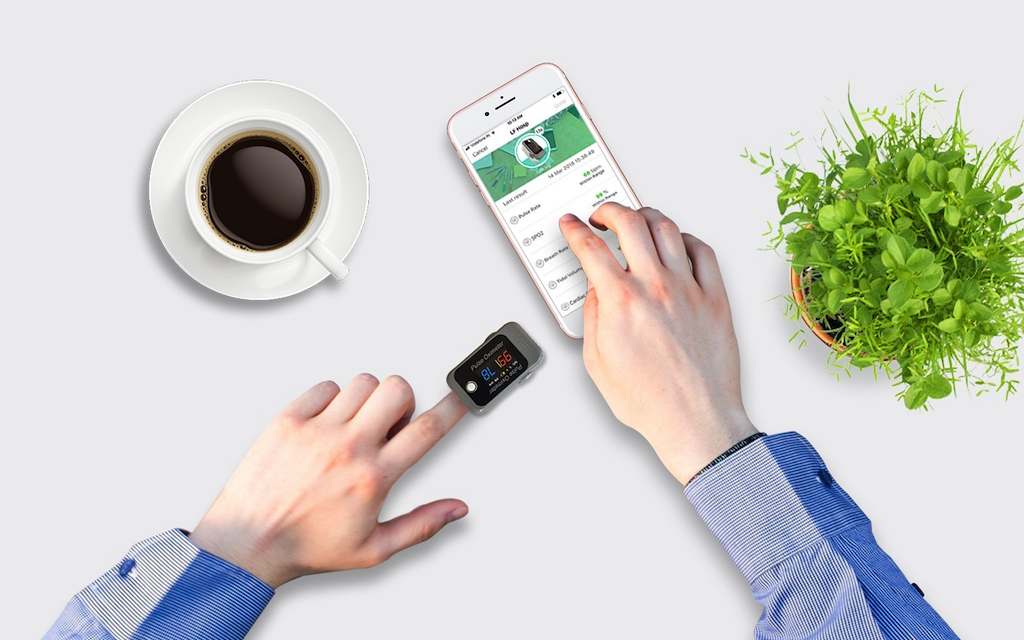
Introduction
Mobile health or mHealth app development has emerged as a substantial contributor to personalized patient care in the evolving healthcare landscape. mHealth, a term that represents mobile devices in medicine and public health, is rapidly transforming the healthcare industry by making it accessible, faster, and more efficient. The synergy between mHealth app development and data analytics is set to revolutionize how healthcare providers and patients interact with health data.
Definition of mHealth
mHealth uses smartphones, tablets, and other mobile devices to deliver healthcare and preventive health services. As such, mHealth apps serve diverse purposes, from telemedicine and patient monitoring to medication management and wellness promotion.
Importance of Data Analytics in mHealth App Development
Data analytics plays a key role in the development of mHealth applications. It paves the way for customized healthcare software development by incorporating Enterprise Software Testing that, through continuous testing, analyzes huge volumes of health-related data to provide personalized healthcare solutions. Using data analytics, developers and healthcare providers can create apps tailored to users' individual needs, leading to improved health outcomes and optimized care delivery.
Data Collection in mHealth Apps
Types of Data Collected
mHealth applications can collect many data types, from primary health information like heart rate and calorie consumption to more complex data like medication adherence and symptom progress. These data points are critical for building a comprehensive health profile for each user.
Methods of Data Collection
The data collection occurs in various ways, such as user input, integration with electronic health records (EHR), or through wearable devices and sensors. These methods need to ensure accuracy and reliability to inform data analytics effectively.
Data Analysis and Interpretation
Utilizing Data Analytics Tools
Modern data analytics tools equipped with artificial intelligence (AI) and machine learning algorithms play a significant role in interpreting the collected data. These tools can uncover patterns and trends invisible to the human eye, thereby driving the more thoughtful development of mHealth apps.
Extracting Meaningful Insights from Health Data
The key to successful mHealth app development is extracting meaningful and actionable insights. Big data analytics enables a deeper understanding of users' health behaviors, identifying risk factors and predicting health outcomes.
Personalization and User Engagement
Customizing User Experience Through Data Analysis
Custom healthcare software development leverages data analysis to tailor the user experience based on individual health needs and preferences. For more detailed information, read here about how this customization leads to mHealth apps that can adapt features and content in real time, making them more relevant and user-focused.
Enhancing User Engagement Through Data-Driven Features
Data analytics facilitates the development of engaging features such as personalized health recommendations, progress tracking, and goal setting. By providing users with insights into their health and rewarding positive behaviors, mHealth apps can foster greater user engagement and adherence.
Privacy and Security Considerations
Ensuring Data Privacy and Compliance with Regulations
In handling sensitive health data, mHealth apps must comply with strict privacy regulations such as HIPAA in the United States and GDPR in Europe. Companies engaged in mHealth app development must stay updated with the latest compliance requirements to protect user privacy.
Implementing Robust Security Measures for Health Data
Strong encryption, secure data storage, and regular security audits are essential to protect health information from unauthorized access and cyber threats. mHealth apps should incorporate best security practices from the outset of development to safeguard user data.
Case Studies and Best Practices
Examples of Successful mHealth Apps Leveraging Data Analytics
Some mHealth apps have effectively employed data analytics to advance healthcare delivery, such as those offering real-time glucose monitoring for diabetics or apps that provide mental health support based on cognitive-behavioral therapy principles. These successes showcase the power of data-informed mHealth solutions.
Critical Strategies for Integrating Data Analytics into mHealth App Development
To successfully integrate data analytics, developers must prioritize collaboration with healthcare experts, ensure user-friendly design, and focus on actionable insights. Keeping the end-user at the heart of development is crucial for creating impactful mHealth applications.
Future Trends and Opportunities
Emerging Technologies in Data Analytics for mHealth
Technological advancements such as predictive analytics, natural language processing, and blockchain for secure data exchange are set to advance mHealth app development further. These technologies will enable more sophisticated analysis and utility of health data.
Potential Impact on the Future of mHealth App Development
As technology advances, mHealth apps will become even more integrated into healthcare systems, providing seamless care coordination and real-time health monitoring. Data analytics will be imperative in realizing mHealth's full potential, empowering consumers, and revolutionizing healthcare services.
Conclusion
Integrating data analytics into mHealth app development presents an enormous opportunity to enhance patient care, improve user engagement, and streamline healthcare processes. With the proper data collection, analysis, privacy, and security, mHealth applications can provide unprecedented personalization and efficacy in healthcare delivery. As custom healthcare software development continues to evolve, harnessing the power of data analytics will be vital in creating applications that not only meet but exceed the needs and expectations of both healthcare providers and their patients.
Share this post
Leave a comment
All comments are moderated. Spammy and bot submitted comments are deleted. Please submit the comments that are helpful to others, and we'll approve your comments. A comment that includes outbound link will only be approved if the content is relevant to the topic, and has some value to our readers.

Comments (0)
No comment